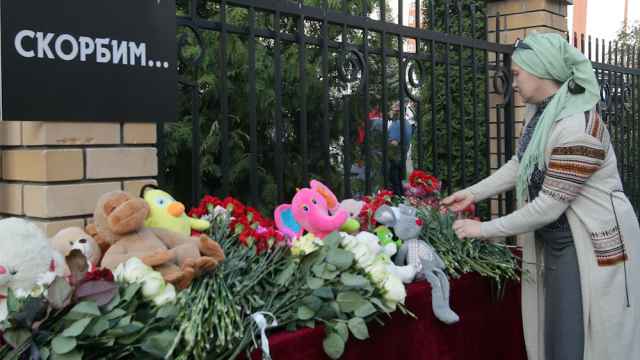Russian law enforcement authorities have launched more than 30,000 criminal and administrative cases for social media posts, shares and “likes” since 2010, the independent news website Novaya Gazeta Europe reported Monday.
Citing publicly available data from Russian courts between 2010 and October 2024, the outlet said around 1,200 of the 30,000 social media prosecutions were criminal cases.
The most common social media activities targeted by criminal prosecution were posts (695 cases), followed by comments (304 cases), videos (288 cases) and images (140 cases).
The most common social media activities targeted by administrative prosecutions were images (12,000 cases), followed by posts (10,000 cases), videos (6,000 cases), audio files (4,000 cases) and comments (3,000 cases). Direct messages and shares were targeted in 896 and 323 cases, respectively.
Russia’s social network Vkontakte accounted for almost 80% of administrative cases and 46% of criminal cases.
Telegram, the popular messaging app, ranked second with one-quarter of all criminal cases.
Over the 14 years covered by the study, Russia’s Criminal Code and Administrative Code saw the number of pursuable articles increase fivefold from five to 25.
While authorities in the 2010s were limited to prosecutions for extremism, drug propaganda, terrorism and offending religious believers, the list had expanded to “LGBT propaganda,” separatism and opposition to Russia’s invasion of Ukraine by 2024.
The older articles also had a higher number of prosecutions, with more than 6,500 cases opened over swastikas and Nazi symbols on social media. Almost 2,000 cases were related to Russia’s criminal underground movement, while 1,200 were over anti-war social media activities.
Fines were the most common form of punishment, with at least 10,500 people being fined in just the last three years.
“If someone gets caught once, they’re not forgotten. Even if they’re not an activist or a politician. [Authorities] will comb through their social networks and monitor their public activity,” an anonymous researcher was quoted as saying, explaining how some of those fined for administrative infractions later faced criminal prosecutions.
A Message from The Moscow Times:
Dear readers,
We are facing unprecedented challenges. Russia's Prosecutor General's Office has designated The Moscow Times as an "undesirable" organization, criminalizing our work and putting our staff at risk of prosecution. This follows our earlier unjust labeling as a "foreign agent."
These actions are direct attempts to silence independent journalism in Russia. The authorities claim our work "discredits the decisions of the Russian leadership." We see things differently: we strive to provide accurate, unbiased reporting on Russia.
We, the journalists of The Moscow Times, refuse to be silenced. But to continue our work, we need your help.
Your support, no matter how small, makes a world of difference. If you can, please support us monthly starting from just $2. It's quick to set up, and every contribution makes a significant impact.
By supporting The Moscow Times, you're defending open, independent journalism in the face of repression. Thank you for standing with us.
Remind me later.






